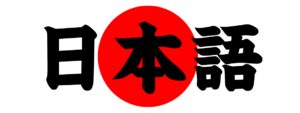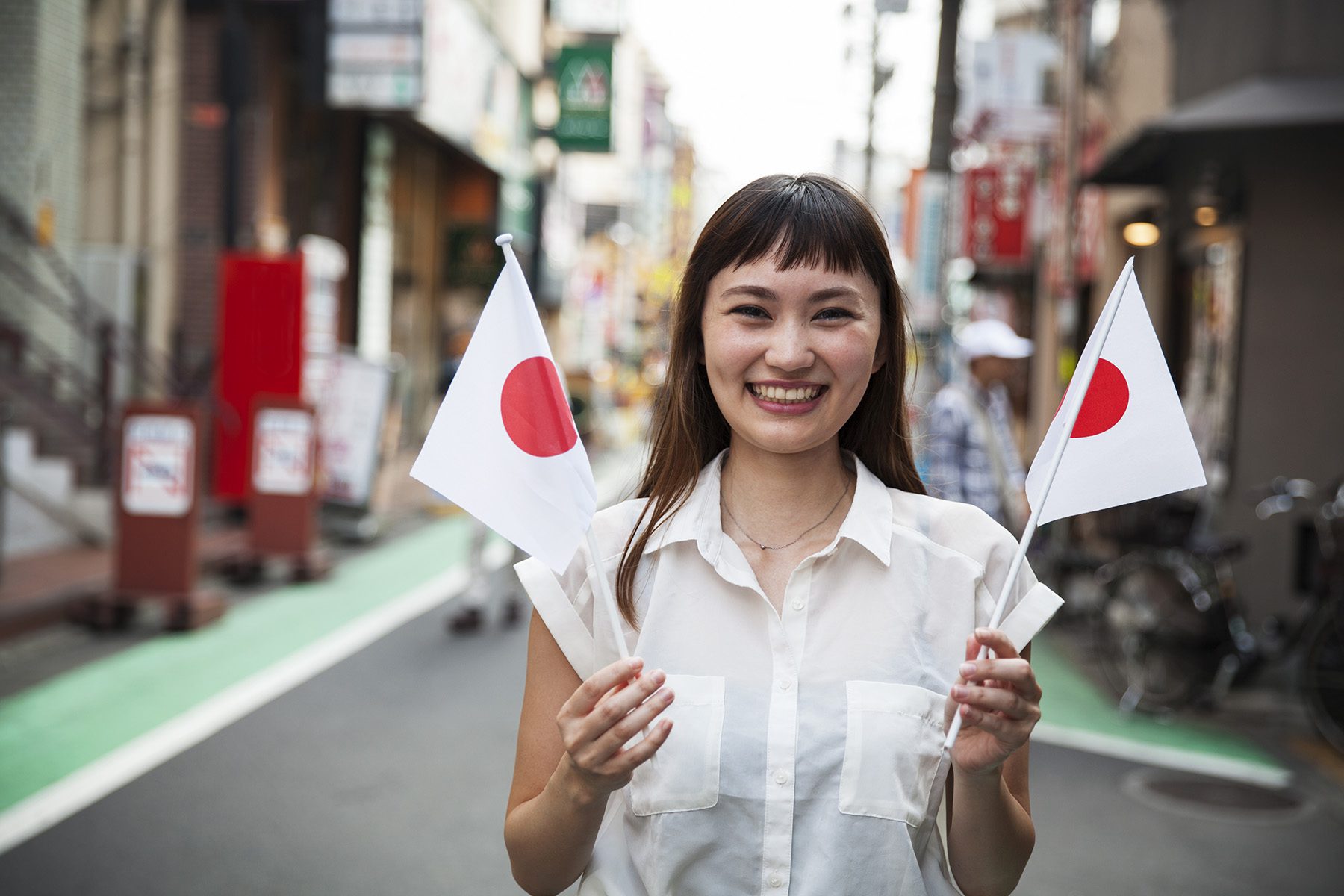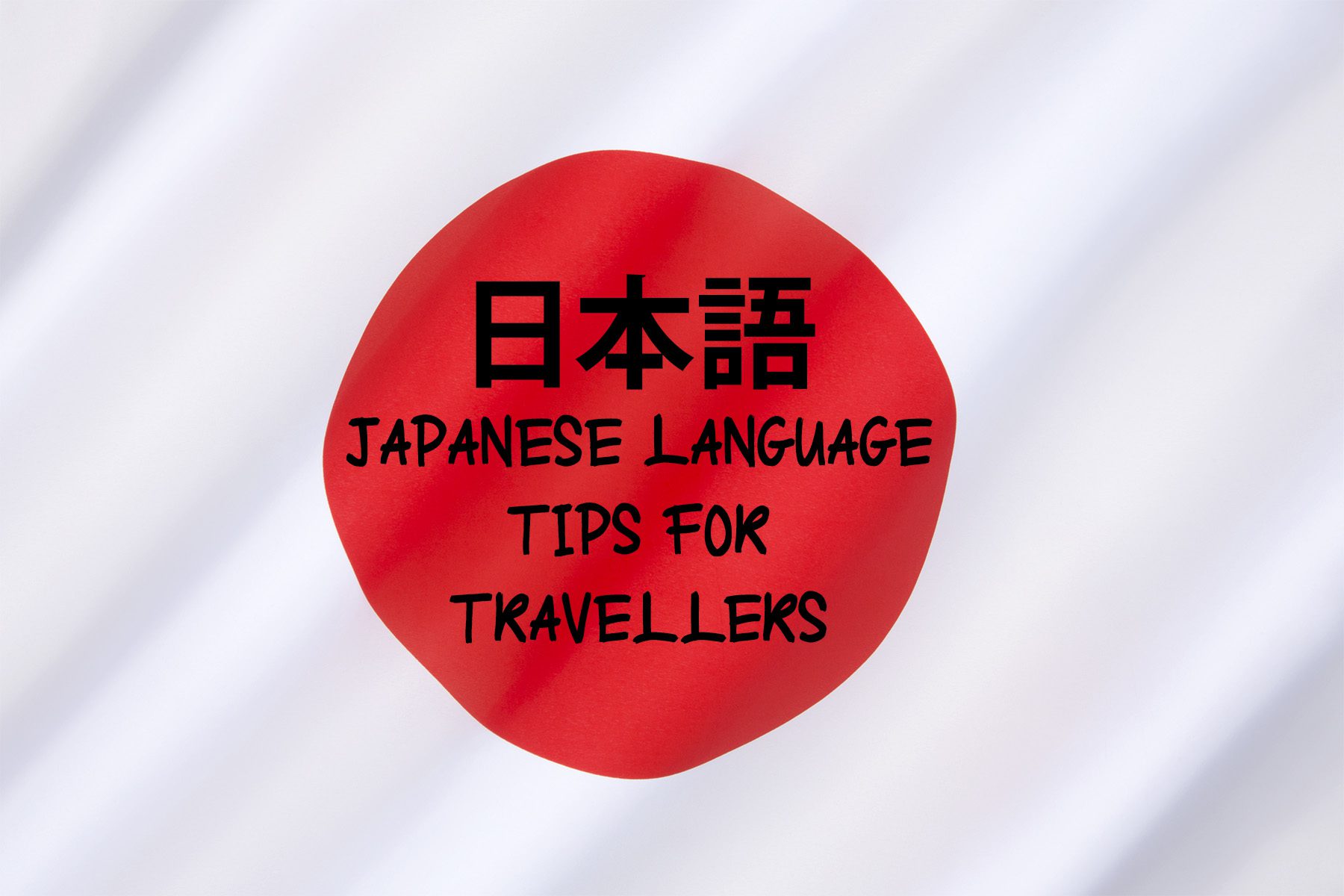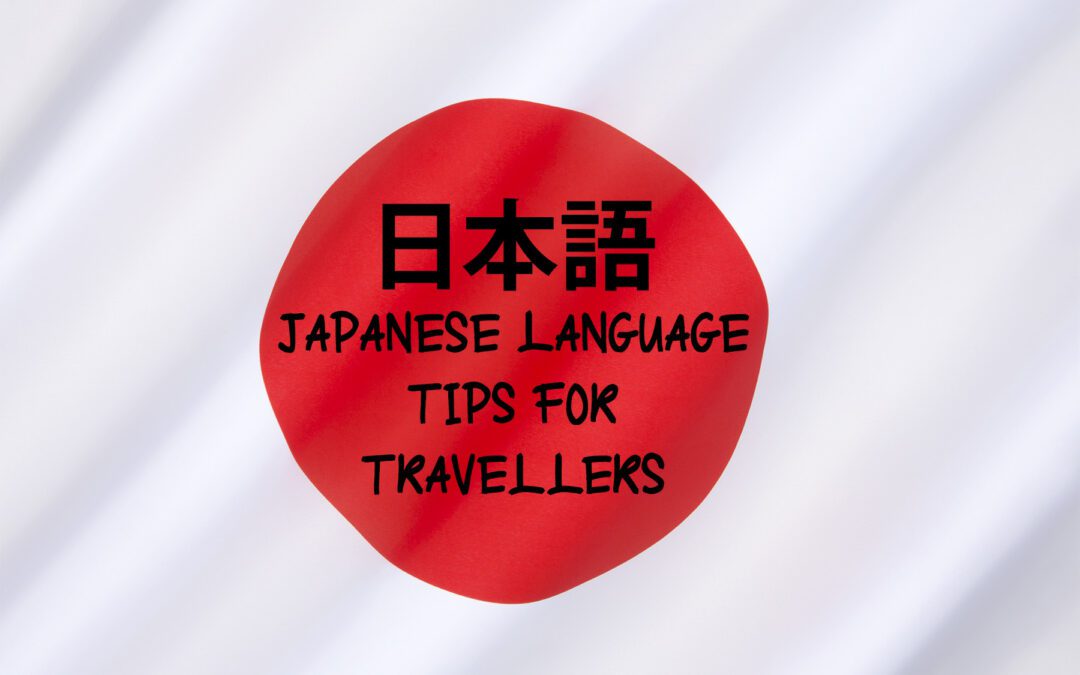Japanese Language Tips for Travellers in Japan
Understanding and using basic Japanese phrases can greatly enhance your travel experience in Japan. While English is often used in tourist areas, a few key phrases in Japanese will be appreciated and can make your journey smoother.
- English Usage: While most signs in Japan feature Latin script, finding people with English language skills outside major tourist spots may be difficult. This is especially true with older generations and in more rural areas.
- Nonverbal Communication: Body language and gestures are often used to bridge communication gaps and in many cases, body language alone is often enough to communicate both helpfulness and friendly appreciation.
- Pronunciation: Japanese is a phonetic language, so pronouncing words as they are written usually gets you close.
- Expect unique pronunciations of English words: This usually involves sticking extra vowels in between double consonants and at the end of words.
Taxi: “takushi” / Hotel: “hoteru” / Beer: “Biru” / Convenience Store: “Conbini”

TRANSLATION APPS
Consider using translation apps or carrying a phrasebook for complex conversations.
- Google Translate: Download the Japanese language pack for offline use. It includes a photo feature for instant text translation. Simply take a photo of some Japanese text, such as a menu and import the phone into Google Translate. Alternatively, you may get a live translation in a preview by pointing the camera at signs in Japanese etc.
- Yomiwa: Capture images of Japanese text and receive translations offline.

UNDERSTANDING AFFIRMATIVES:
- “Yes” (“Hai”): Often means “I understand” rather than “I agree.”
- “It’s difficult”: Usually a polite way of saying “no.” Given that verbally saying no is often too direct for Japanese people, they may communicate a no with body language such as tilting their head to the side and sucking air in through their teeth.
Communication Tips: Avoid negative or either/or questions for clearer responses.
Pro Tip: “Yoroshiku onegaishimasu (Yoh-roh-shi-ku oh-neh-gah-ee-shi-mas)” (or simply the less polite version “Yoroshiku”) is a highly versatile phrase without an equivalent translation in English. It is often used after self-introductions or before starting a new project or job together (or before going on a day trip or tour together).
The meaning is “Please remember me,” “I’m counting on you,” “let’s have a good experience together,” or simply convey willingness for reciprocal goodwill for all future interactions. It is a very common everyday phrase used in Japan that carry’s great importance and respect, yet has no direct translation and has no English equivalent.

| English Phrase | Japanese Phrase | Pronunciation |
| Hello | Konnichiwa (こんにちは) | Koh-nee-chee-wah |
| Goodbye | Sayonara (さようなら) | Sah-yoh-nah-rah |
| Thank you | Arigato gozaimasu (ありがとうございます) | Ah-ree-gah-toh goh-zai-mas |
| Excuse me / Sorry | Sumimasen (すみません) | Soo-mee-mah-sen |
| Yes | Hai (はい) | Hah-ee |
| No | Iie (いいえ) | Ee-eh |
| Please go ahead | Douzo (どうぞ) | Doh-zoh |
| Correct / Right | Sou (そう) | Soh |
| Incorrect / Not right | Soujanai (そうじゃない) | Soh-jah-nai |
| I understand | Wakatta (わかった) | Wah-kah-tah |
| I don’t understand | Wakarimasen (わかりません) | Wah-kah-ree-mah-sen |
| The food is delicious! | Tabemono wa oishii desu! (食べ物はおいしいです!) | Tah-beh-moh-noh wah oh-ee-shee dess! |
| Can I have the menu, please? | Menyuu o kudasai. (メニューをください。) | Meh-nyoo oh koo-dah-sigh |
| Two beers, please. | Biiru futatsu kudasai. (ビール二つください。) | Bee-ruh foo-tah-tsoo koo-dah-sigh |
| How much is this? | Kore wa ikura desu ka? (これはいくらですか?) | Koh-reh wah ee-ku-rah dess kah? |
| Where is the train station? | Eki wa doko desu ka? (駅はどこですか?) | Eh-kee wah doh-koh dess kah? |
| I’d like to go to [destination]. | [Destination] ni ikitai desu. ([Destination]に行きたいです。) | [Destination] nee ee-kee-tai dess |
| Nice to meet you. | Hajimemashite. (はじめまして。) | Hah-jee-meh-mahsh-teh |
| I’m from [country]. | [Country] kara kimashita. (カ国から来ました。) | [Country] kah-rah kee-mash-tah |
| What is your name? | Onamae wa nan desu ka? (お名前は何ですか?) | Oh-nah-mah-eh wah nahn dess kah? |
| I am [Name]. | Watashi wa [Name] desu. (私は[名前]です。) | Wah-tah-shee wah [Name] dess |
| I am pleased to meet you. | Anata ni aete ureshii desu. (あなたに会えてうれしいです。) | Ah-nah-tah nee ah-eh-teh oo-reh-shee dess |

